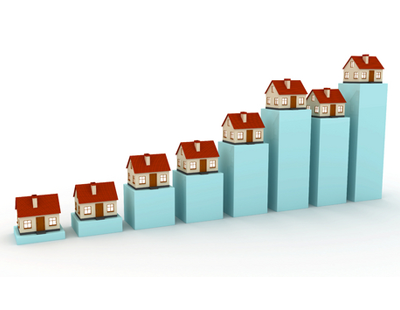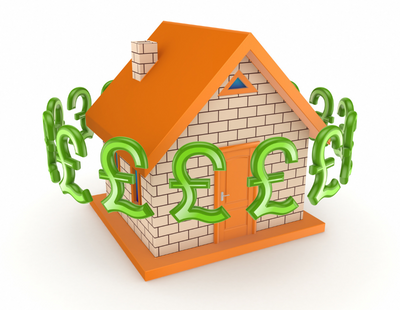The importance of property wealth in retirement planning is often overlooked, however, new research from Aviva has revealed the increasing importance of this role.
Following a similar survey run in 2016, the research investigated the levels of spending, saving, and attitudes towards funding retirement in the over-45s age group.
The study also looked at property, aiming to uncover whether the thriving market has affected people’s attitudes towards their property wealth and whether there has been more mobility driven by the ability to capitalise on rising property wealth.
Matt McGill, managing director at Aviva Equity Release, commented: “In the years since we last carried out this research, significant events have impacted the way people feel about the economy, their futures, and their retirement plans. Understandably, a much larger number of people are now citing worries about the economy as their major concern in retirement.”
“Despite all this, the housing market in the UK has been on a steady upward trend since many current retirees bought the home they still live in. But less than half (42%) of the people we surveyed said that their home was worth more than their savings and investments, yet the facts show that people’s property equity is worth almost 4 times as much as their savings.”
McGill concluded: “It’s likely that people have accumulated more wealth in their property assets than they realise and looking at ways of utilising this in planning for retirement could have a significant impact on them. It’s an important factor to consider when looking to plan for a comfortable retirement.”
How times have changed
When compared to insights collated six years ago, there has been a decrease in property ownership, either outright or with a mortgage, particularly in younger age groups in this sample. In 2016 nearly a quarter (23%) of those under the 45–54 age brackets owned their property outright, dropping to 16% in 2022. For those aged between 55-64 years old, the respective numbers were 48% and 45%. Overall, this shows that mortgages are being paid off later than six years ago.
As people age, more own outright and as the study shows, in 2016, 13% of 35–74-year-olds owned property with a mortgage, compared with 9% in this age group in 2022.
At just under 20 years, the length of tenure in the same property has remained relatively constant over the last six years, compared to 21 in 2016. To put it into perspective, in 2002 when they purchased their house, the average house price in the UK was £101,000, which shows that this age group has seen a significant increase in the value of their property assets.
Those who own outright have typically been in their property longer – 22 years, compared with 16 for people who own with a mortgage – so the mortgage-free have also benefitted from an additional six years of property price increases, which results in building up the equity in their home.
To date, the average house prices have gone up for this age group and now stand at £287,000, a figure that was once £264,000 in 2016, which represents an increase of 8% and is still continuing to climb.
A shimmering future ahead
The overall effect of house price rises is even more marked for the older age groups, especially those who purchased their current property before the housing market boom of the late 1990s. In the survey, the average house value of the 75-plus age category is £310,000 and the average time they have lived there is 28 years.
In 1994, when they purchased their property, the average house in the UK cost £54,623, representing a five-fold increase in equity. This also benefits those aged 65-74 as their average tenure is 24 years, buying their current house in 1998 when the average cost of the property was £66,231.
Today, this age group's property is worth, on average, £302,000. Accumulated property wealth in this manner resulted from the growing house market in the UK, which will outstrip the resources they have in savings and investments.
Considering the average outstanding mortgage still owed, typically the number of equity people have in their property is just below £195,000. This compares with the average held in savings and investments, of £52,000 and demonstrates the importance of considering all sources of wealth when planning later life finances.









.png)










Join the conversation
Be the first to comment (please use the comment box below)
Please login to comment